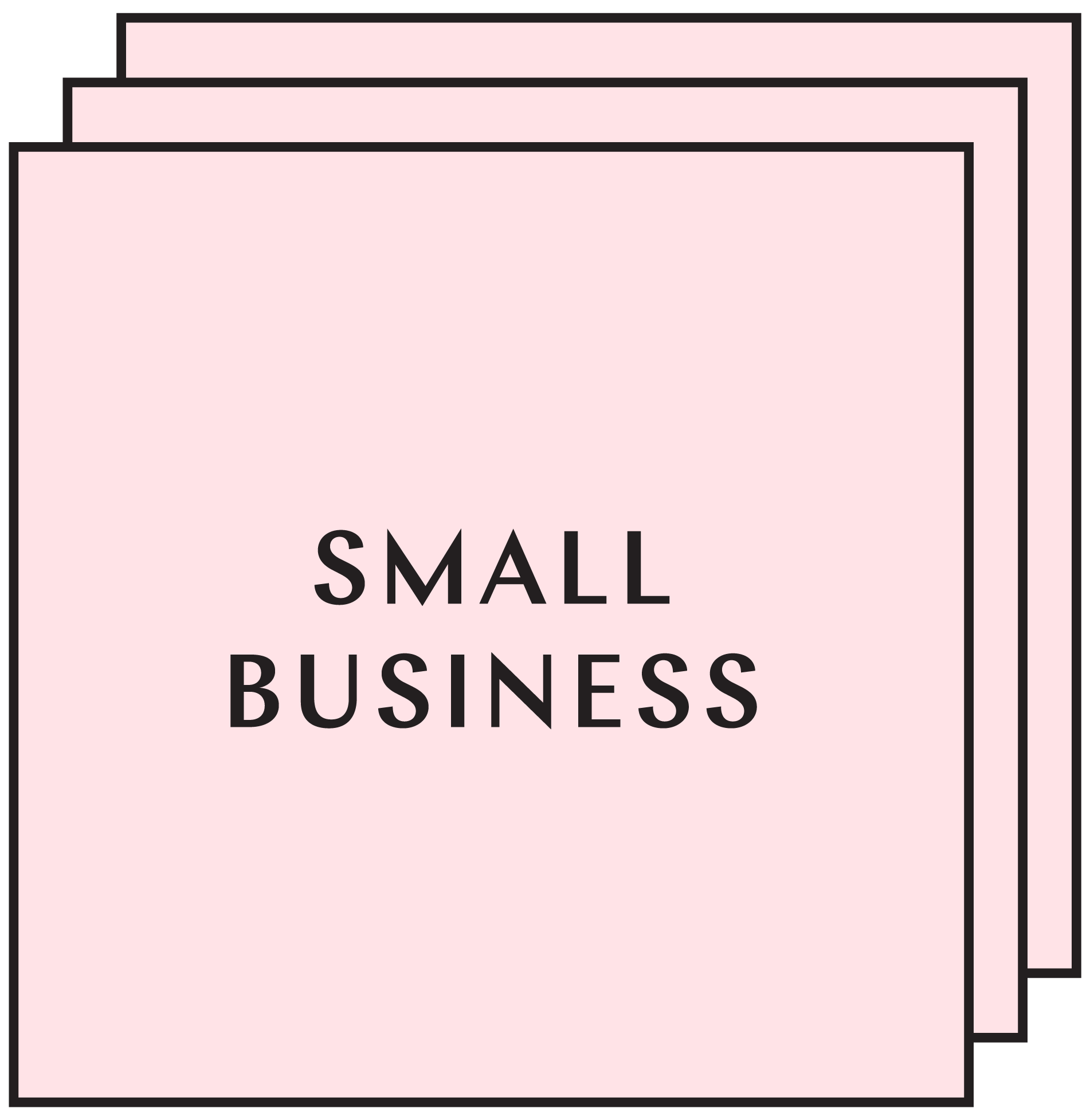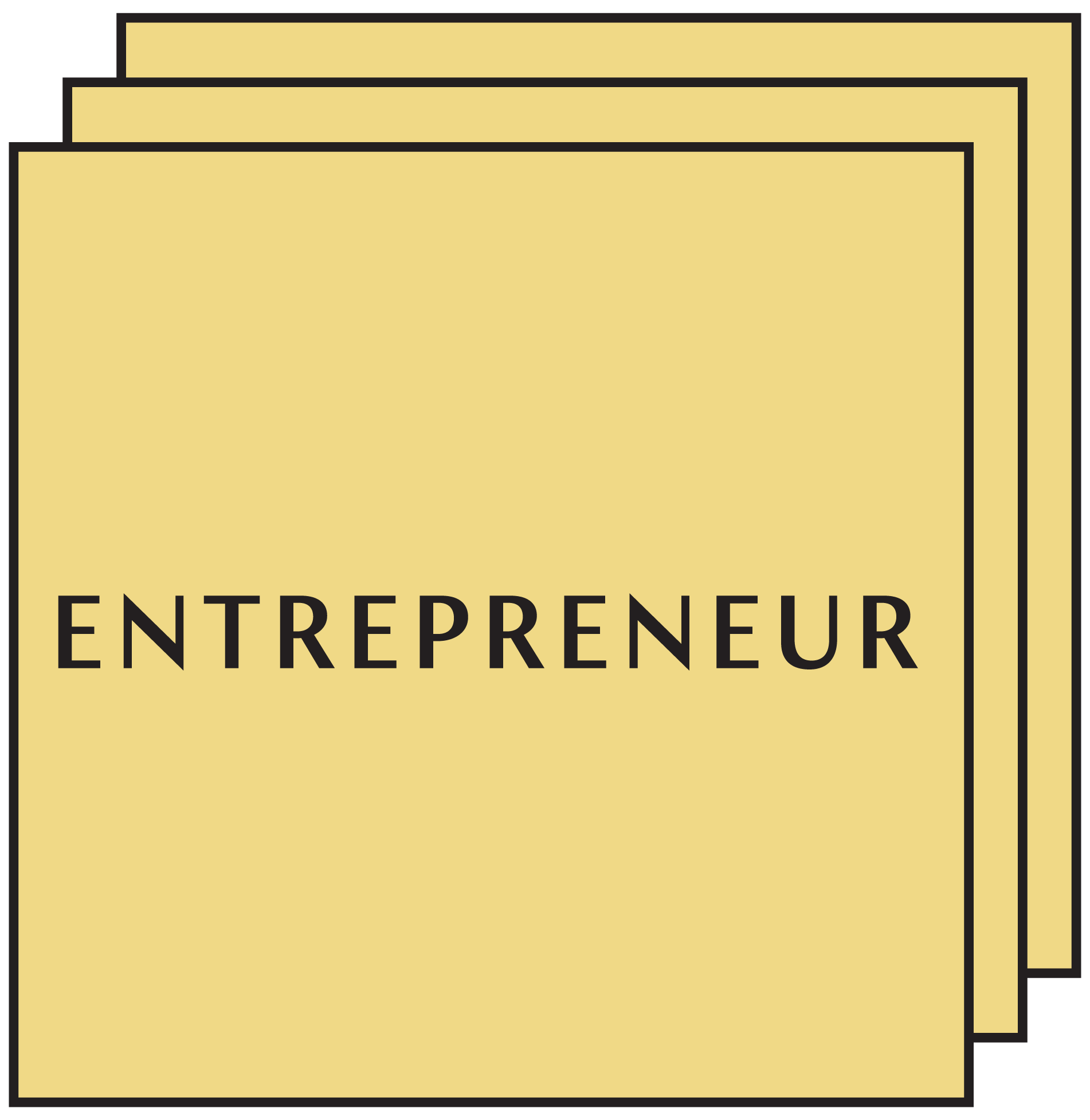Denyelle Bruno’s résumé is impressive, to put it mildly. Before she landed her current role as the CEO of Tender Greens, she helped shape some pretty major companies to develop, scale and enhance their retail operations. Let’s take a read, shall we? When she was at Apple, Bruno launched their first 25 stores, then she joined Drybar and opened 55 locations, and then she joined the team at Peet’s Coffee.
Now, Bruno has her work cut out for her at Tender Greens. With over $100 million in revenue, the casual restaurant chain serves over 7 million customers across their 30 locations in California, New York, and Massachusetts with their sights on expansion across the U.S. But it’s not all about scale. Bruno has her sights set on gender parity for their executive chefs and store leadership by the end of 2020. Now, that’s a CEO we can all get behind.
In our interview, Bruno shares her tried-and-true approach for navigating bumps and hurdles on the road to success, and how she’s paying it forward so other women can join her in the c-suite.
CREATE & CULTIVATE: You're on a mission to achieve gender equality at Tender Greens (and in the food industry at large). How are you making it happen? When do you think it will happen? And what changes will this drive for the industry and economy at large?
DENYELLE BRUNO: We’ve actually achieved it. At this point, all of our restaurant leadership, from our executive chefs to our sous chefs are 50% female. We achieved it by making it a focus within the organization. Given that more than 50% of the population (and more than 50% of culinary grads) is female, it’s not that difficult once you create the kind of environment that celebrates and encourages gender parity.
I think it’s important to understand that finding women for roles is not the problem, it’s actually seeking them out, hiring them, and creating critical mass that’s the real challenge. Once you create an environment that everyone knows women can thrive in, you’ll get the candidates and referrals, and people internally will raise their hands to be promoted. To do this, look at your organization, and if it’s not at least 50% female then you’re probably doing something wrong, something that’s keeping them away.
When you hit a bump or hurdle in your career, how do you #FindNewRoads + switch gears to find success?
First and foremost, I don’t panic, as bumps and hurdles are symptoms of progress. When I hit a hurdle, I first determine if it’s worth jumping, and sometimes it could be a sign that I’m heading the wrong direction. If I indeed need to get past it, then I’ll evaluate the obstacle as objectively as possible. Once I understand what’s keeping me from getting to the other side, I’ll use all of my internal and external resources to devise a solution, which for me is pretty simple—just evaluate and solve, it’s not emotional it’s just problem solving 101.
“Anyone who doesn’t make mistakes is playing it too safe and will probably stall out in his or her career.”
What advice would you give a woman today who's about to begin her career in the food industry? What traits/characteristics does she need to be successful and navigate that industry? Why?
I don’t think the industry matters as much as the role within the industry. The characteristics necessary to be a successful chef would be very different than those one would need to purchase or market food. Most industries required the same skill set at the executive level—hard work, passion for the industry, resilience and great communication skills. Regardless of your role, it’s always important to do your own homework about the organization. The title and the salary won’t matter if it’s not the right culture fit. Make sure your values are aligned with the organization before you take the job.
Your specialty is helping companies grow, can you outline your strategy? What advice do you have for people trying to grow their small businesses and establish their brand?
I start by joining the right companies. I have to love the company, the product, and the business model, then it’s a matter of maximizing the company’s strengths and minimizing its weaknesses. I don’t try to boil the ocean, I look for the top 3-5 things getting in the way of the company realizing its goals and then I get everyone in the organization focused on those things. Once those are solved, find the next 3-5 things. There is also a priority to finding those 3-5 things—always start with the product or service itself and if that’s not right then you’d be wasting your time fixing things like staffing, operations or marketing. Once you feel like your product/service is best in class, you can turn your attention to the operations: Basically, how do you produce the most of X for the least cost, without compromising whatever it is that made it great in the first place? Once that’s done, the priority should be on maximizing the exposure of the product.
Put another way I’d say:
1. Service/quality
2. Operations
3. Marketing/Branding/Real estate
Can you recall a specific time you failed and how you turned that around/into an opportunity?
I’ve said many a time that I don’t believe in failure, as it depends on where one ends the story and failure is just a byproduct of progress. I have definitely made lots of mistakes that I’ve used to make improvements; anyone who doesn’t make mistakes is playing it too safe and will probably stall out in his or her career. My objectives are always pretty clear to me, be it a meeting, a travel plan or a career move. I know what I’m aiming for, and so missing my target probably means there was a miscalculation along the way. I without blame or contempt will work to identify where I went wrong and then I’ll use whatever new information I have to make a correction.
Equity is a hot topic amongst employees as well as other perks—what are ways you are innovating as a business to provide environments that are “millennial-friendly” but also hit the bottom line? Do you find it hard to compete?
Low unemployment combined with historically high minimum wage makes it an employee’s market right now. A lot of people will make the mistake of throwing money and equity at employees in hopes that it will keep them loyal. Personally, I’d rather pay a fair wage and focus my energy on creating an environment where people feel like they can thrive and grow. Sure, some people will jump to the next thing because they’re offered more money, but I’d rather focus my capital on those who are looking for deeper, longer-term rewards.
Your resume is very impressive and you've worked for some major companies including Apple, Drybar, and Peet's Coffee. How did these jobs prepare you for becoming CEO of Tender Greens? What lessons did you take from these companies? What are some of the biggest decisions you've made so far as CEO?
The companies I’ve worked for and the jobs I’ve held within those companies definitely helped me to prepare for my role as CEO of Tender Greens. I love brands that punch above their weight, though it’s the product that puts the brand on the map, and it’s the brand itself that influences how things get done internally. Great brands are great because compromising the brand is never an option. I’ve always been good at operations and so building processes and efficiencies come naturally to me, but what I learned from these brands is that driving those efficiencies without making concessions that would impact the brand itself is where the real magic happens. The biggest decisions I’ve made as CEO are related to the team—whom to hire and whom to fire, as making sure to have the best people for the job is the single most important thing a CEO can do.
How did you take on the role of CEO at Tender Greens? What do you really like about the job? What are some of the common misconceptions? What is the reality of being CEO?
I took on the job of CEO much like I took on other jobs, I looked at where we were, where we needed to be and what it would take to get there. I know this may sound rudimentary, but you’d be surprised by how many businesses talk about one main objective, but then align their resources with completely different things. I love the job because I get to focus on so many different aspects of the business throughout any given day. One misconception is that being a CEO is harder than the jobs along the way. It’s probably more stressful, but in terms of talent, it just requires a really specific skill set. In my opinion, a good CEO must have three things: 1. An eye for talent, as it’s way more important to hire the smartest person for the job than it is to be the smartest person in the job, which leads to 2. The ability to trust experts to do what they do, and 3. Confidence.
You are anything but a typical CEO—how would you describe your leadership style? Why do you think it works? What does it take to be a female leader today? Why? How are you paying it forward for other women behind you to join the c-suite?
My leadership style is direct and transparent, and I truly care about people and love learning what they’re up to. It keeps me connected to pop culture and other various trends that otherwise wouldn’t be on my radar. I’m tough, but I’m not an asshole. I expect everyone on my team to either be the best at what they do or be on the road to becoming the best. Despite what some think, this can be done in a way that is respectful and empowering vs. belittling and demoralizing.
I think different types of leaders are needed in different organizations at different times, this would be true regardless of gender. I don’t like stereotypes like, “Women are better listeners or women are more compassionate” … blah blah, I’ve met many leaders who would challenge those notions. That said, women are coming in as the underdog, as they are less represented and that can be intimidating. My recommendation to anyone who is in the minority is to use that difference to really stand out. It’s easy to get caught up in the game of trying to be like others but the best copying will result in a less good version of another person. Make a statement. Think of yourself as a brand.
“Great brands are great because compromising the brand is never an option.”
There has been so much innovation and disruption in the food and beverage industry—what changes are coming next? How are you continuing to bring change and newness at Tender Greens?
It’s never been tougher to run a successful restaurant as saturation is at an all-time high, unemployment and high labor costs make it difficult to hire and retain good people, consumer behavior is changing rapidly to focus on connivances (sometimes over quality), and third party delivery takes a bite out of already thin margins. I think we’ll see a survival of the fittest, gimmicks and shticks will have no staying power. It’s going to come down to three things: quality, convenience, and experience. While we’d love to be a 10 at all three it’s really quality that will separate us from the crowd.
What is the #1 book you always recommend? Why?
I wish I had that book but I honestly don’t… I like the idea of a book so rudimentary that I could hand it out to anyone starting out. I do like Tribe of Mentors by Tim Ferriss because he takes a bunch of wildly successful people and basically shows that they’ve each taken their own unique path to get to where they are in life. I also like the book Mastery, though it’s a hefty commitment. It also takes the lessons from wildly successful people but in his book, Robert Greene actually pulls together what makes them similar.
Photographer: Jenna Peffley
Hair: Styled by OGXpert & Celebrity Hairstylist Jillian Halouska
VIEW THE FULL CREATE & CULTIVATE 100 FOOD LIST HERE.















